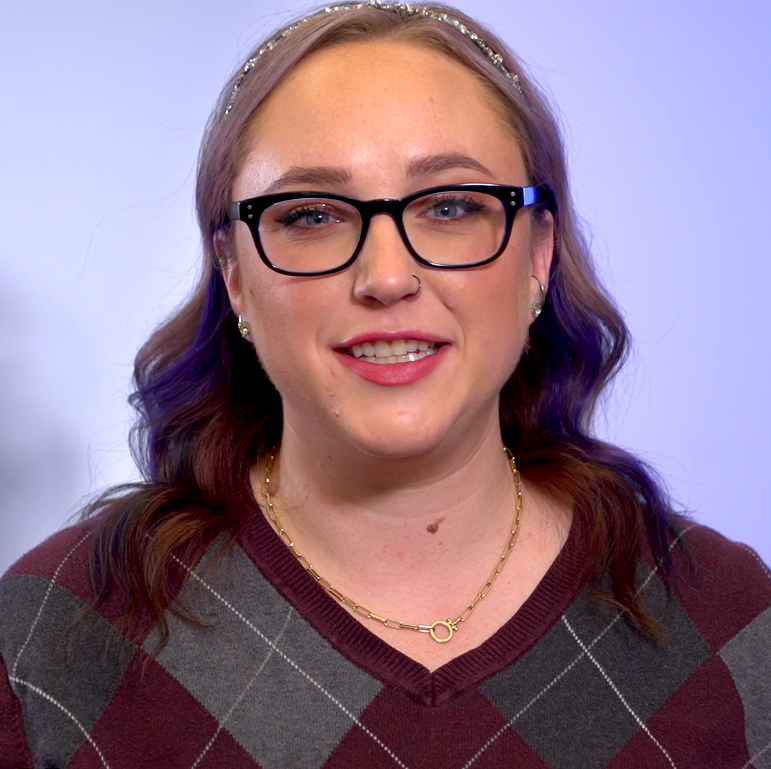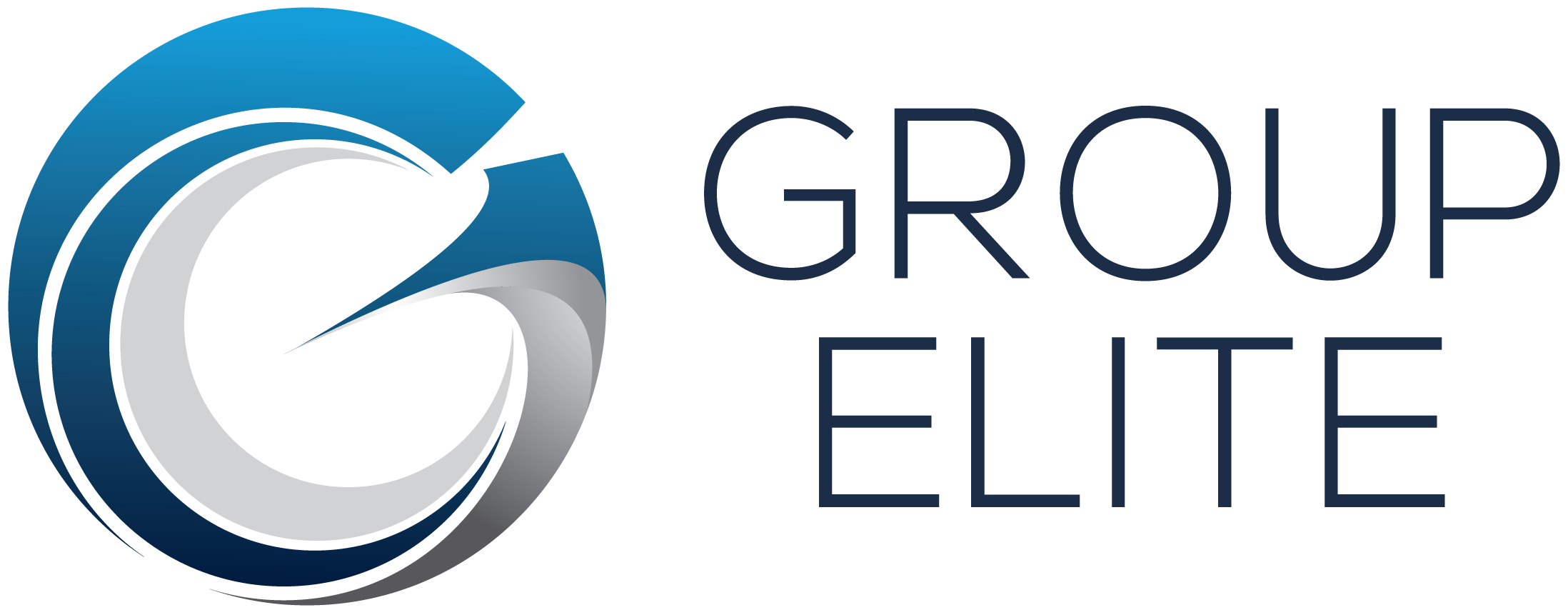Customer service isn’t easy. There are a multitude of things that contact center agents are tasked with, from product and service knowledge, organizational policies and procedures, navigating and documenting in CRMS, to managing customer relationships and satisfaction. Keeping track of each of these items while delivering a consistent message and experience for customers can be a daunting task. Through quality assurance, organizations help their agents by evaluating interactions and providing feedback for improvement. Just as we want consistency in the messaging delivered to customers, we need consistency in the messaging delivered to agents about how to improve customer service interactions. But, while some aspects are easy to evaluate, others are more nuanced and subjective. When we assist our clients with setting up meaningful a call calibration process, we often find that call calibration uncovers disconnections and grievances among well-intentioned and tenured agents and supervisors. So how do you ensure that your QA evaluators are on the same page and are providing evaluations and feedback that are consistent across the board?
The first role of a strong call calibration process is to ensure your organization has a scalable and repeatable method of reviewing interactions and providing guidance for continued improvement to your agents. By doing regular call calibrations, agents, managers, and QA evaluators can set clearer quality standards and reduce any inconsistencies between scorers that may arise. Call calibration can help mitigate common agent grievances about QA such as favoritism, bias, and scores that are based on emotional responses. Each member of a calibration session comes with their own unique viewpoints and skills that can paint the same interaction in a different light. By establishing a scoring framework that is easily understandable and adheres to company guidelines, and consistently calibrating on that framework to ensure stakeholders are on the same page when scoring, employees can feel more confident about the work they’re doing, and companies can better gauge the effectiveness of their customer service.
Here are 5 things that happen when you create a robust call calibration process:
- By providing a clear set of expectations to employees, agents can be better informed about the overall strategic goals of an organization and where the employee’s role fits into those long-term plans.
- While call calibration can surface wide-spread contact center issues such as knowledge gaps or lapses in training, once supervisors and members of the training staff are aware of these gaps, they can make adjustments to training content that is well-informed and supported by data.
- The results of calibration sessions can help tailor coaching sessions to be more focused on individual employees’ needs. By scoring interactions consistently and objectively, supervisors can better determine whether an employee is struggling more with technical knowledge or soft skills and can structure coaching and the feedback provided accordingly.
- Call calibration can also be useful in uncovering areas of company guidelines that are causing confusion or detract from an overall positive customer experience.
- Oftentimes, members of a QA team can feel disconnected or separated from the larger organization. They can be painted as “the bad guys” whose main purpose is to seek out mistakes and get agents in trouble. Regular calibration sessions can help educate agents on the “why” behind how certain things are done within the organization and why those decisions were made. This can help to bridge the gap that often exists between QA and agents and establish a better understanding that everyone is working toward a common goal – giving the customer the best possible experience!
Don’t be discouraged by the emotion and confusion that you’ll witness at the beginning of the process. Reach out to Group Elite and let us be an unbiased third-party to your process and get you on the right path.
Setup a complimentary session with one of our experts today and wash away the disconnection and grievances. Ready for more? Here’s some additional reading:





